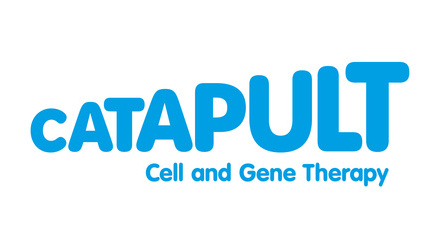Milner Therapeutics Institute joins Cambridge-ARIA collaboration to create new technologies for transforming brain health
The Milner Therapeutics Institute (MTI) has joined a three-year collaboration with the science funding agency ARIA and multiple Cambridge partners, to engineer a new generation of neuro-technologies designed to treat depression, dementia, chronic pain, epilepsy and injuries to the nervous system.
Neurological and mental health disorders will affect four in every 5 people in their lifetimes, and present a greater overall health burden than cancer and cardiovascular disease combined. There are currently 28 million people living with chronic pain in the UK, and 1.3 million people with traumatic brain injury. Neuro-technology – where technology is used to control the nervous system – has the potential to deliver revolutionary new treatments for these disorders. This partnership will consider supporting any precise neuro-technology with the potential to solve a global health problem. The technology can be in the form of electronic brain implants that reset abnormal brain activity or help deliver targeted drugs more effectively, brain-computer interfaces that control prosthetic limbs, or cutting-edge technologies that train the patient’s own cells to fight disease.
The new partnership is not just for academics, it is open to people from all backgrounds and all locations. It will include two programmes: one to bring together innovators from around the UK with exciting ideas in neuro-technology, and provide funding to rapidly test their idea in Cambridge, along with mentorship; and a second for those across the UK who have proof of concept validation for their neuro-technology and need support to turn it into a business. For both these programmes the Milner Therapeutics Institute will provide access to lab space and mentoring support, and will bring together academic, clinical and industry partners across technology and therapeutics both in-person and online via Connect: Health Tech.
The MTI joins partners from across the Cambridge ecosystem, including Cambridge University Health Partners (CUHP), the Maxwell Centre, the Departments of Engineering and Psychiatry and Cambridge Neuroscience at the University of Cambridge, the Babraham Research Institute, Cambridgeshire and Peterborough NHS Foundation Trust, Cambridge Network and Vellos.






